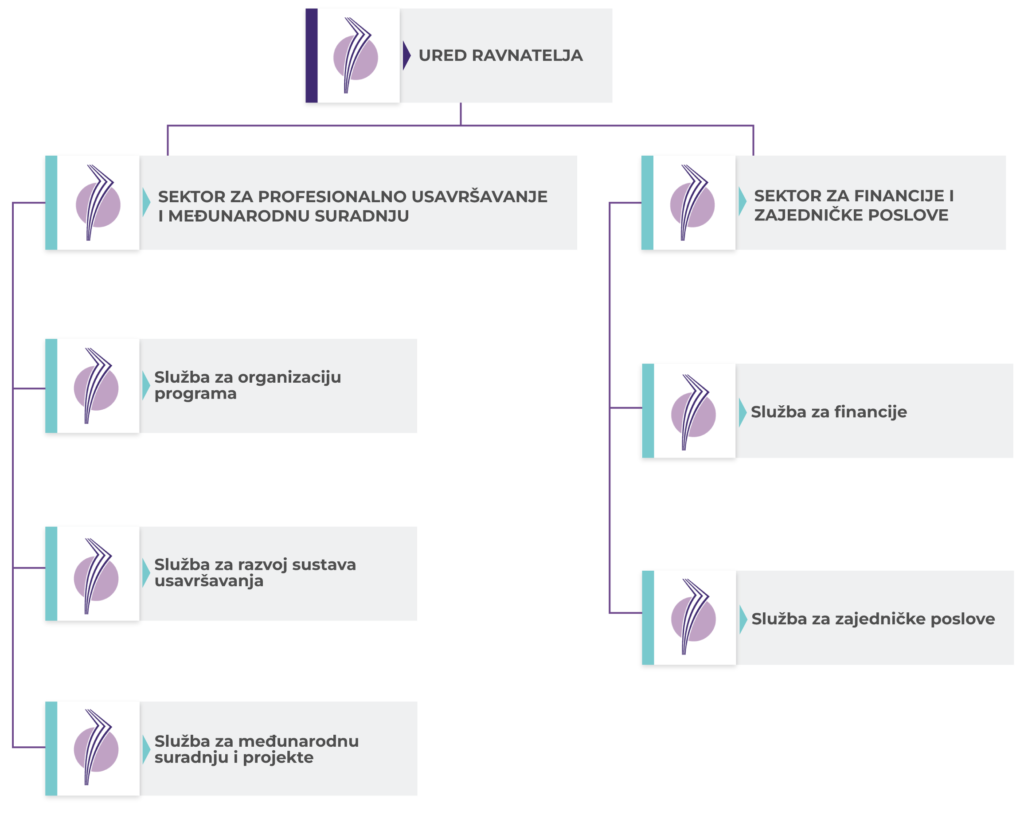Organised business, digitalisation of business processes and the establishment of tools for monitoring objectives, results and impact enable the implementation of public policies and quality provision of public services in a manner tailored to the needs of citizens and other stakeholders in the society.
Public administration complying with the principles of good governance is based on the principles of legality, transparency, accountability, efficiency, effectiveness and coherence. The adherence to the principle of good governance in business processes of public organisations and institutions enables the delivery of fast and quality services to citizens. By joining the European administrative area, the Republic of Croatia has become part of an environment of public services oriented towards their users, who are increasingly interested in the intended use of taxpayers’ funds. The Treaty on the Functioning of the European Union (TFEU) provides, inter alia, that "Member States will cooperate with the Commission to ensure that the budget is used in accordance with the principles of sound (good) financial management, based on the principles of:
- EKONOMIČNOSTI: demands that the resources used by the institution to carry out its activities are available in a timely manner, in an appropriate quantity and of adequate quality and at the best price;
- UČINKOVITOSTI: refers to achieving the best relationship between the resources used and the results achieved;
- DJELOTVORNOSTI: it refers to the achievement of certain set goals and desired results.
Due to the lack of recognition and non-application of the principles of good governance, as well as sound (good) financial management, public administration bodies do not implement to a satisfactory extent public policies that should contribute to social development, do not use available resources in an optimal manner, prescribe complex and non-transparent procedures, making it difficult for citizens to exercise their rights.
Investments in administrative and institutional capacities that will be done within the area of good governance in the public sector of the Republic of are a prerequisite for increasing the efficiency of public administration in providing public services at national, regional and local level.
The development of public administration is based on the exchange of best practices and good governance experiences according to European standards. In this regard, the importance of strengthening institutional capacity for strategic planning and coordination of strategic objectives and monitoring of their realisation is emphasised.
An improved system of professional development in public administration is one of the goals of its development. The realisation of the same depends on strengthening the competencies of employees, strengthening capacities for good governance and developing and implementing appropriate methodologies and tools.
The National Reform Programme highlights greater efficiency and transparency of the public sector as a key reform area, while also determining the need to improve human resources management in public administration and public services.
Public administration introduces value-for-money governance, which for citizens who are users of public services, but also taxpayers, means better, better quality and cheaper services for tax paid.
The developed programme of acquisition of competences for good management within the public administration system based on real needs is a lever for the development of efficient public administration in the Republic of Croatia. By organising targeted workshops and trainings of officials and officials responsible for implementing the built normative framework, the State School of Public Administration actively participates in the improvement of the quality of the public sector and the implementation of public policies.
 Poštovani posjetitelji,
Poštovani posjetitelji,
